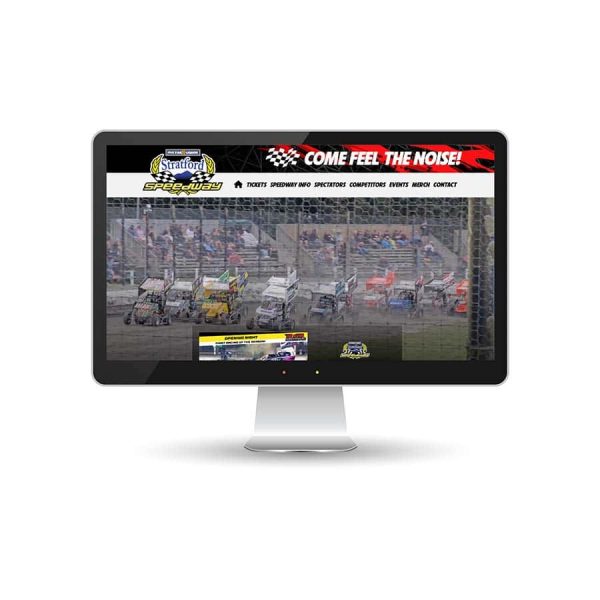Your brand new, perfectly designed and operational website has just been launched. You are sitting there waiting for the orders to roll in.
I hope you are patient because that won’t happen unless people know your website is live.
It’s’ like winking at a girl in the dark – you know you’re doing it but no one else does!!
Launching a website is only the start of a much wider campaign to educate your customers on where to buy and what to buy.
So, the million-dollar question is how do you go about advertising your advertising?
-
- Place your website address EVERYWHERE – Car signage, stationery, business cards, print advertising, email footers, and your business location.
- Next, you need to create awareness. Maybe an article in a local magazine, newspaper, or trade publication encouraging people to visit your website. A social media campaign – yes there is a place for this, but never replace a website with Facebook alone.
- Ensure your web developer has included search engine optimisation (SEO) into your website via keyword-rich text and that your website has been submitted to Google for indexing.
- Create a competition where the participants must go to your website for answers. Make sure the prize is worthwhile. You won’t get ‘buy in’ by offering a bar of chocolate.
- Ensure your website is user-friendly on ALL devices, statistics show that people are using their phones more than desktops these days.
- Get on Google Maps, Google Business, and Linkedin, and other business communities.
- Send a newsletter to all your existing clients advertising your website.
- Gather a database of potential clients and contact them as well.
- Refresh your content regularly, and start a Blog. Any changes on your website will be picked up by the robots, which will help your rankings.
- Get to know how to read your website statistics and gain an understanding of what phrases people are using when searching for your business.
- Paid advertising: Tread carefully, and do your research. There is a lot of information out there, but is it worth your time and effort or will you pay an expert to do it for you?
Paid advertising can include (but is not limited to);
-
- Display ads: Banners, texts, images, etc. placed on third-party websites.
- Paid search: Ads that search engines like Google and Bing will show on their results pages (SERPs);
- Social Media ads: Ads served to users on social media platforms like Facebook, Instagram, Linkedin, etc;
- Sponsored content: Advertisers’ content that publishers are paid to distribute.
Finally: Ensure that your web developer schedules regular updates of your website’s software to guarantee that your website is operating at peak performance. Ensure all plugins and antiviral software are updated to reduce the risk of being hacked. Being hacked is more than a technical issue. It’s a black mark against your reputation and the repercussions can be costly. A lot more on this soon.
Should you have any questions or require assistance then please don’t hesitate to contact us.



